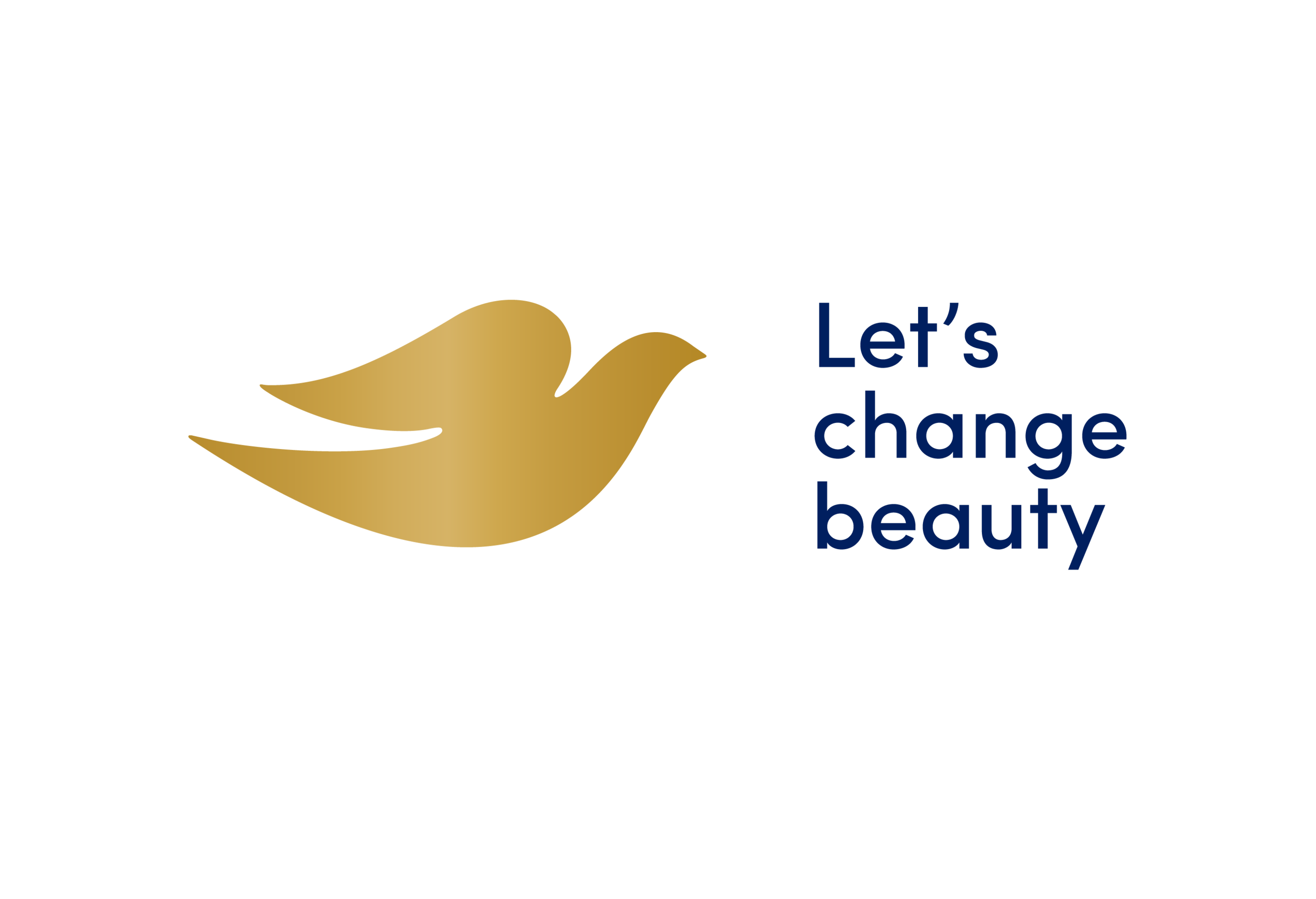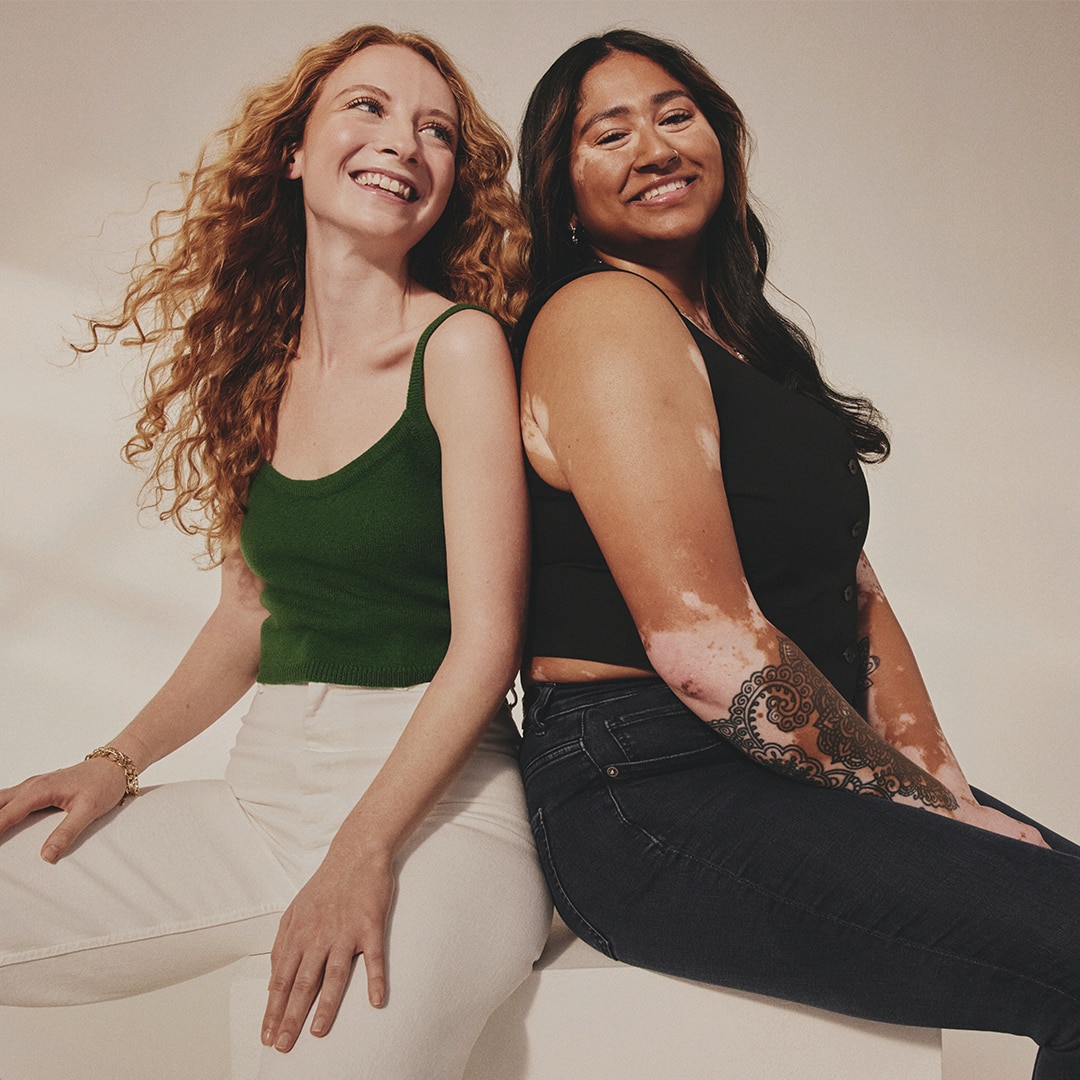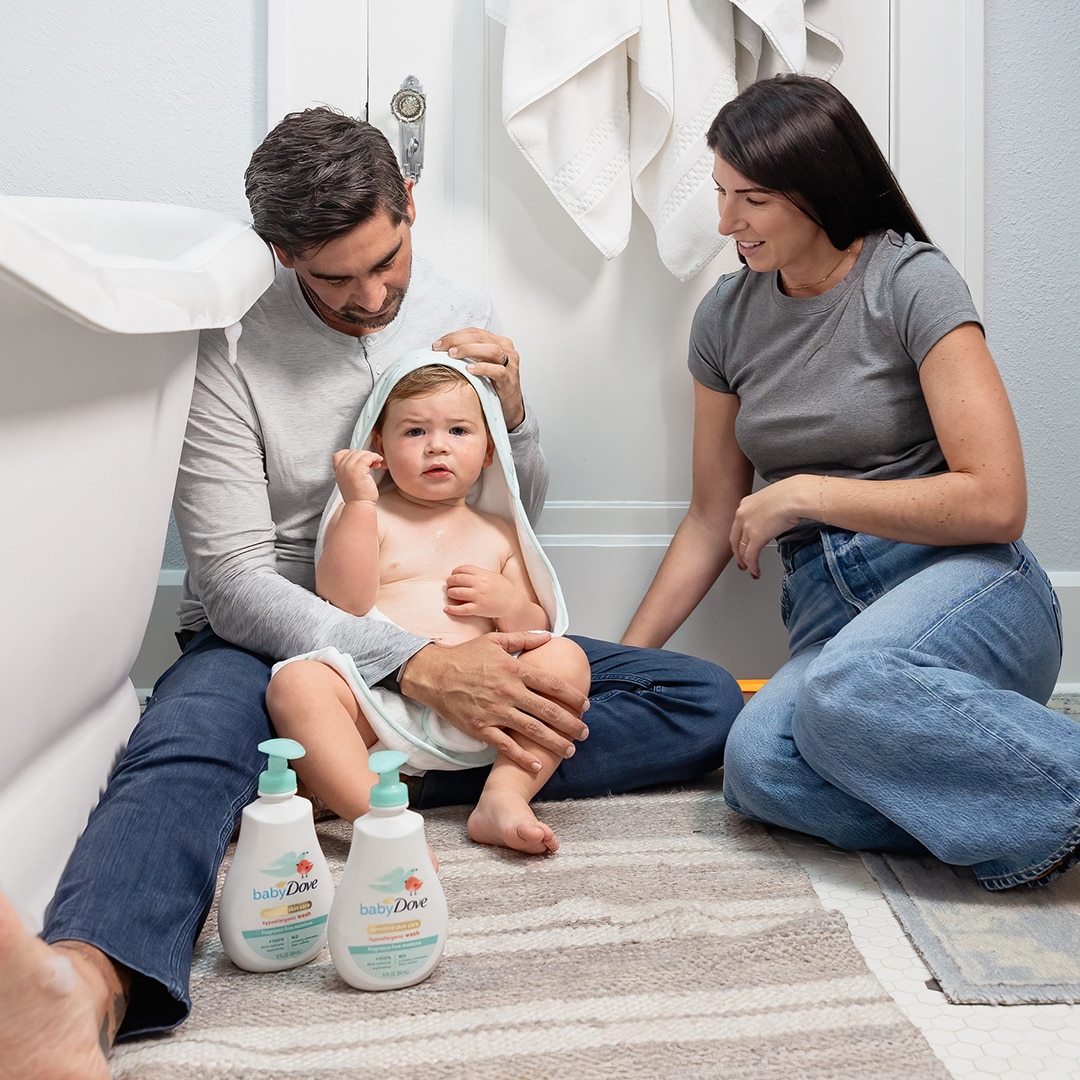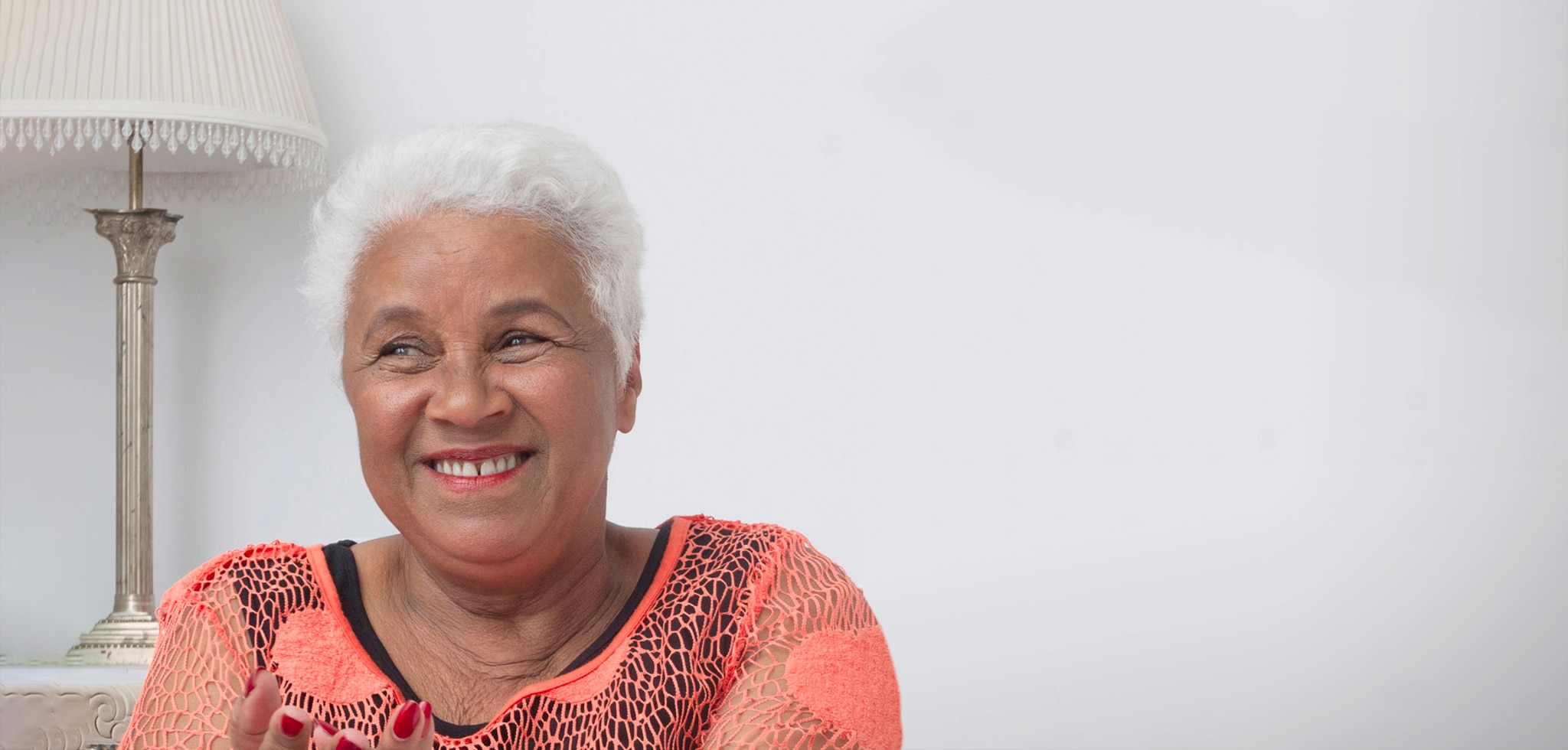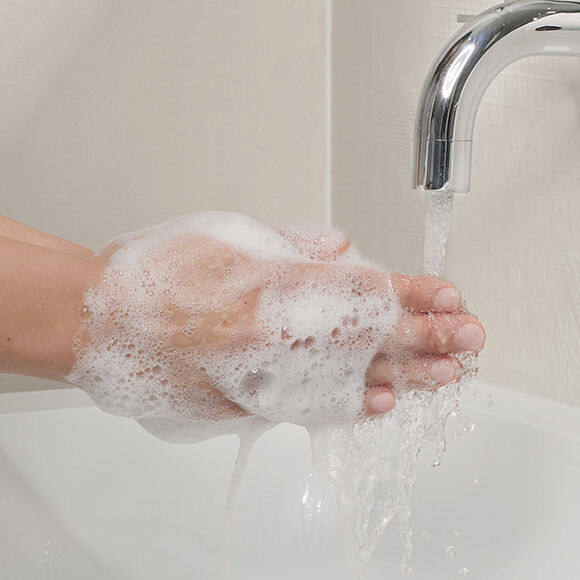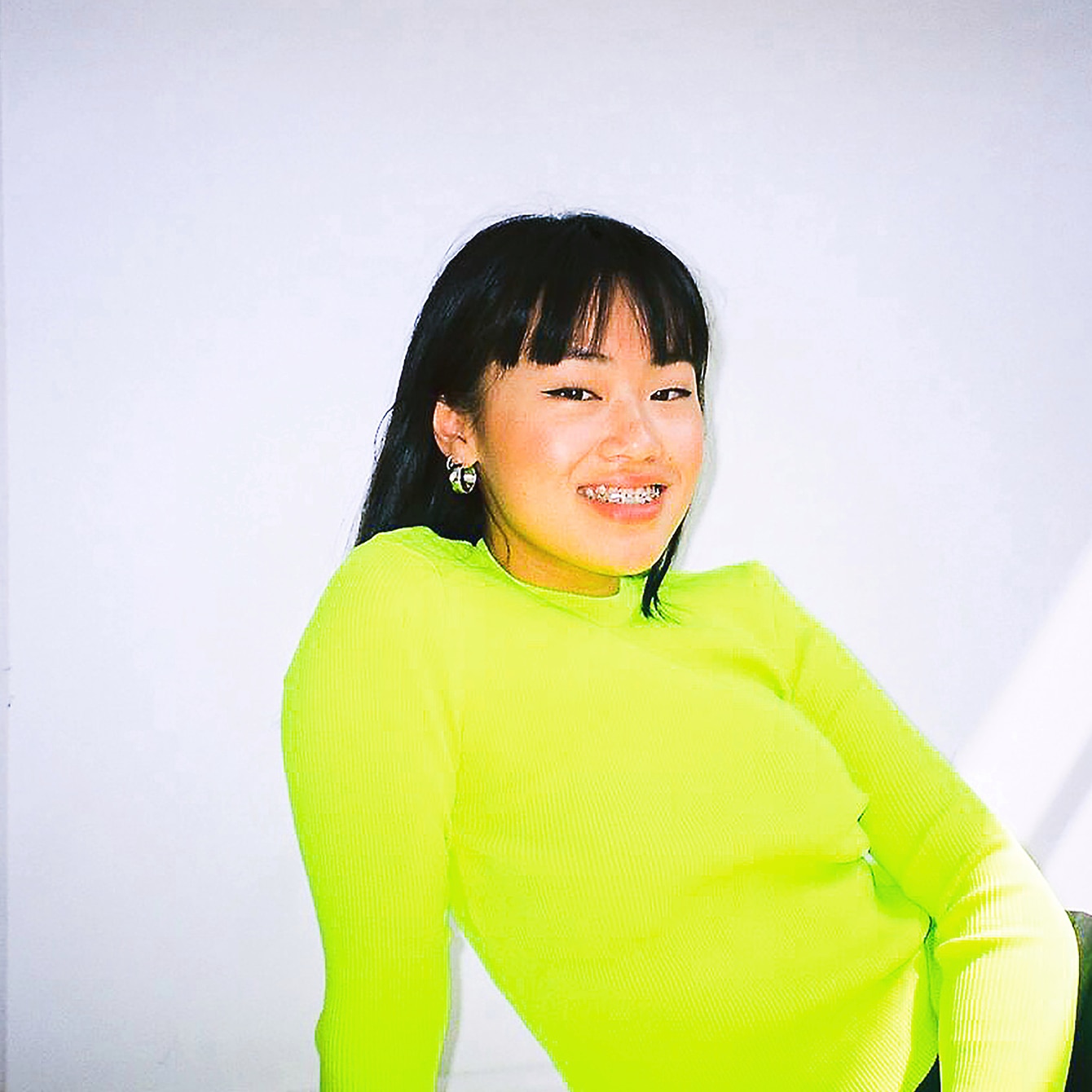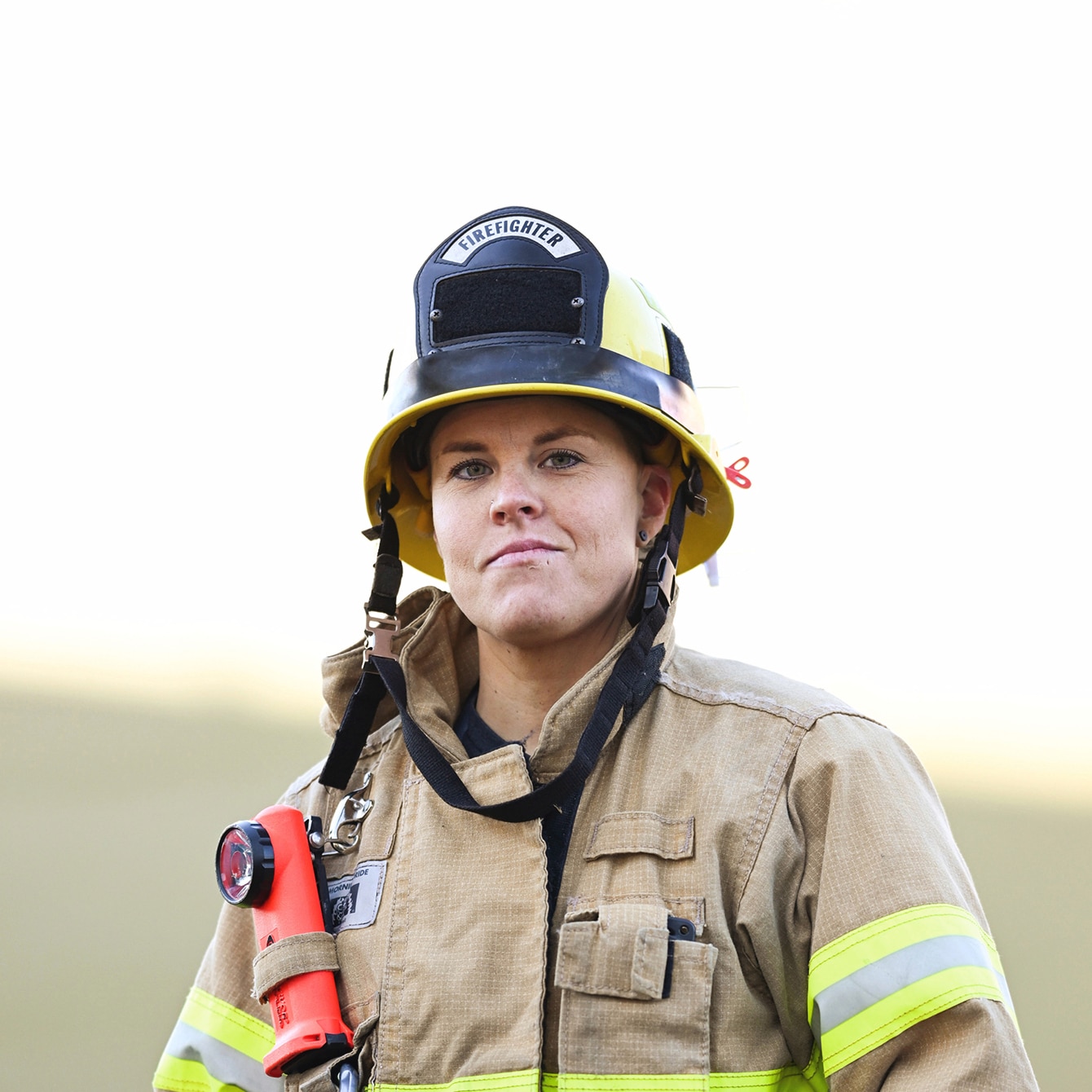Sadly, female hair loss still carries a stigma, and only recently have celebrities such as Ricki Lake and Jada Pinkett Smith opened up about the psychological effects of hair loss.
Hair loss and confidence are closely linked. Even a small amount of hair loss can be devastating to self-esteem, self-image, and overall quality of life. Despite how common it is, our hair is part of our body image and when we lose it, we experience distress. Hair loss and self esteem go hand-in-hand and experiencing alopecia (the medical name for hair loss) can feel like a loss of identity, of femininity and of confidence, which is why it’s so important to reach out for support. Here three women share their experiences.
“I’ve had to dig deep and realize that my hair doesn’t define me.”
Lauren Robbins says: “I first started losing my hair in 2021. I almost lost my dad to COVID, which I think played a big part. I noticed my hairline thinning and my scalp was super sensitive, then it started coming out in clumps. I felt hopeless, lost and depressed and went into a really dark place mentally, crying for days.
“Losing my hair made me feel like I lost my whole identity. I worried about how I would ever come to terms with it, and what people were going to think when they saw me, so I stopped going out, stopped connecting with friends and family. Eventually I was diagnosed with Androgenic Alopecia, a genetic hair loss condition, by my dermatologist.
“I’d never experienced mental health issues, but I started struggling really badly. I felt like I had this whole new life to navigate. Then I found an amazing psychiatrist and started to open up to everyone in my life about it. Now hair loss and mental health are my passion.
“Losing your hair as a woman makes you feel like you are losing your crown, your beauty. I’ve had to dig deep and realize that my hair doesn’t define me. Even now, I miss a good messy bun, and it’s hard to enjoy swimming while concealing hair loss.
“To anyone experiencing hair loss, I would say don’t battle alone. Instagram is an amazing place to connect, so find your tribe. Hair loss is isolating and incredibly hard, so don’t be ashamed to start therapy. My psychiatrist saved my life. Don’t let hair loss define you – you are not your hair.”
“With hair loss comes grief. It feels like a part of myself has been taken away.”
Corrin Fox says: “In November 2021, my hair started coming out in the shower or when I brushed it. Hair also always seemed to be all over whatever I was wearing; on my sweaters, shirts, pants, shoes – it was shocking. I felt like I looked sick and I felt extremely self-conscious, anxious, and fearful.
“I’ve been diagnosed with Alopecia Areata, an autoimmune disorder where my body attacks my hair follicles so my hair sheds instead of grows. The fact that there is not one thing I can pinpoint my hair loss to is frustrating. There is also not a lot of support, research, or many solutions, which can make going through this feel hopeless. Never in a million years did I think I would be dealing with hair loss – let alone at 32. Nobody in my family or circle of friends had gone through something like this, which added a degree of confusion, overwhelm, and uncertainty.
“Despite growing up with eczema and feeling self-conscious on and off my whole life, I typically feel content with myself the majority of the time, but now I ask myself, am I beautiful enough? Am I worthy enough? Will people see me and think ‘what’s wrong with her?’ When you start losing your hair, it feels like you’re losing a part of yourself.
“I was already practicing yoga, running, walking, and meditating. Now I don’t like to think how my mental state would be without them. I’m kinder to myself now, too.” I listen to what I need a little bit more. Acceptance is an ongoing process. I want to look back on this time and remember how I still found beauty, joy and peace right in the middle of it all.
“I have felt anxious, sad, depressed, exhausted, confused, scared, and very self-conscious. It’s an extremely lonely thing to go through. Showering and brushing my hair have also become more anxiety-provoking than ever before, because that is where I have lost the most hair. With hair loss comes grief. It feels a little bit like a part of myself has been taken away.
“I would tell others that are experiencing hair loss to take one day at a time, surround yourself with people who love and support you, seek treatment and try to implement some things on your own at home. In addition, open up and share your experiences.
“I miss the freedom, the ease of how I used to move through the world.”
Drew Greenwell says: “My hair began falling out in clumps when I was 49. At first I just changed my part and ignored it. Then over the next four months most of my hair along the entire right side of my head was gone. I was devastated and scared it would worsen. That uncertainty made me anxious and angry, especially when my doctors had no real explanation or solutions to offer.
“Usually, Alopecia coincides with other autoimmune disorders but I was tested and there was nothing. My primary doctor decided it was caused by extreme and prolonged stress. My husband and I had relocated from California to Arkansas and had lost three family members to COVID and cancer.
“I had underestimated how much of my identity, individualism and confidence was expressed in my hair. I had thick, luxurious curly hair and I felt very lost without it. I turned down work opportunities that required large social interactions, withdrew from friends and family and stopped being as present at my kids’ school functions. My biggest worry was the example I was setting for my children as I didn’t want them to see someone who was fearful or hiding when faced with adversity. I also felt guilty for feeling sad about my hair loss when I knew other women battling far more serious diseases.
“At my lowest point, my husband told me that I was beautiful from the inside out, and he offered to help me shave my head. In that moment I went from reacting to actively deciding how I was going to move forward. It changed my entire mindset. I felt empowered.
“The biggest challenge has been feeling accepted. I work in engineering, so I am often the only woman in the room. I wear wigs most of the time but it’s more for others, so they feel comfortable around me. I miss the freedom, the ease of how I used to move through the world.
“To anyone experiencing hair loss, know there is a vibrant community of brave caring women who are ready to embrace you with love, acceptance and support."
